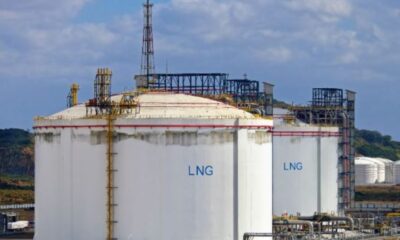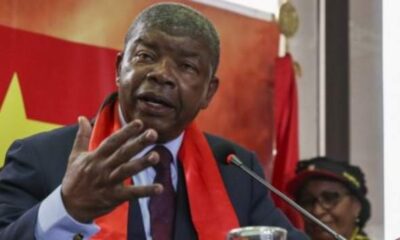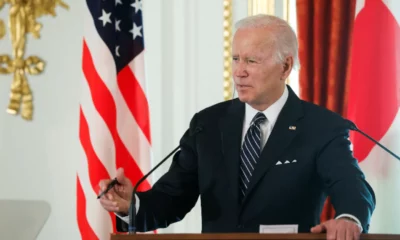VenturesNow
Angola’s finance minister, Sousa hints at possible slowdown of fuel subsidy removal

VenturesNow
IMF mission concludes 4th loan program assessment in Egypt
VenturesNow
Kenya seeks $750m from World Bank, obtains $200m from AfDB— Official
-

 Metro2 days ago
Metro2 days agoFinland-based Nigerians in panic as authorities search for Simon Ekpa’s sponsors
-

 Metro22 hours ago
Metro22 hours agoNigeria: CSO urges President Tinubu to investigate missing funds in Humanitarian Ministry
-

 Metro17 hours ago
Metro17 hours agoZambia: Farmers’ union warns of uncertain future for agriculture sector
-

 Metro2 days ago
Metro2 days agoZambian govt successfully repatriates trafficked toddler from Mozambique































